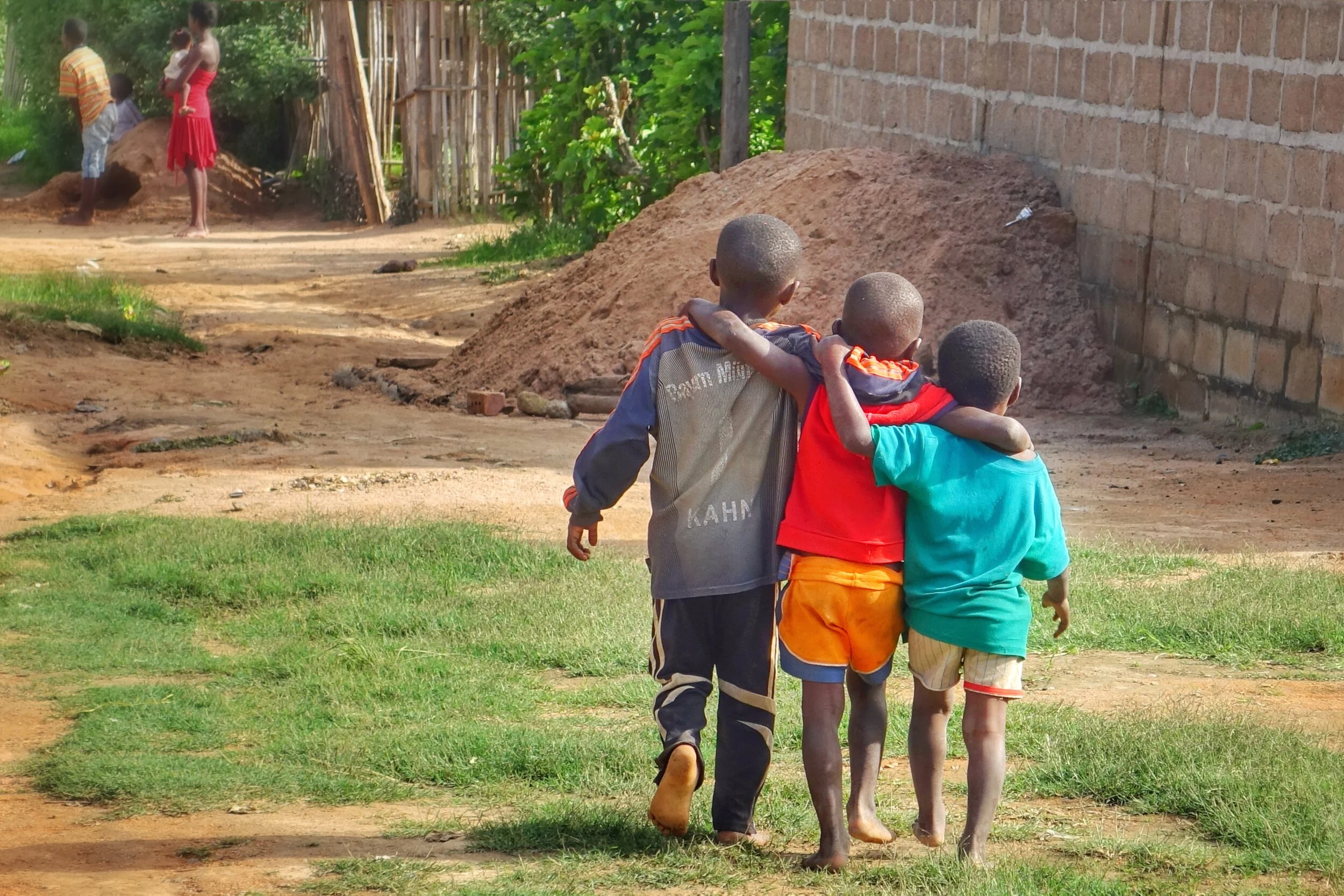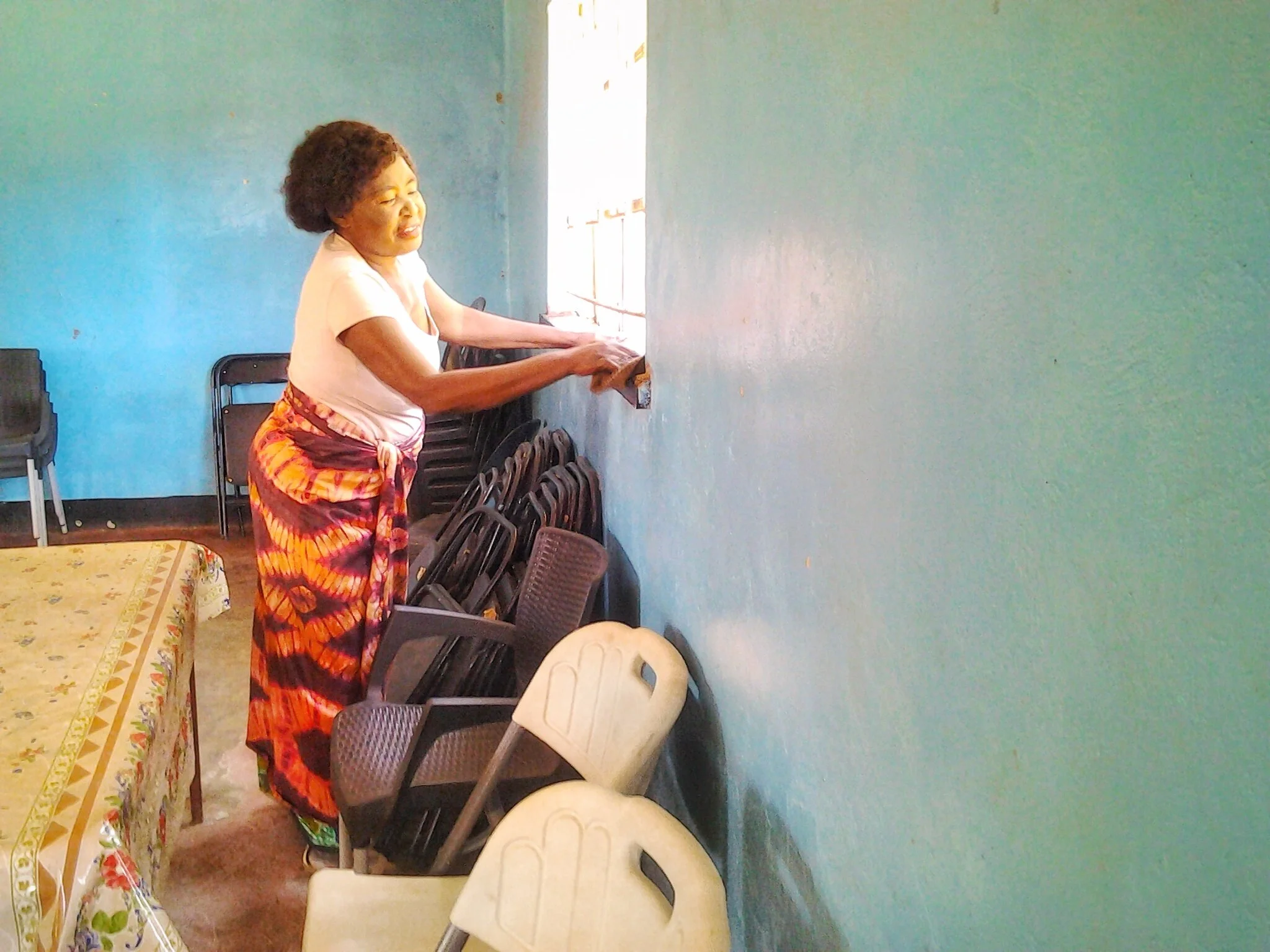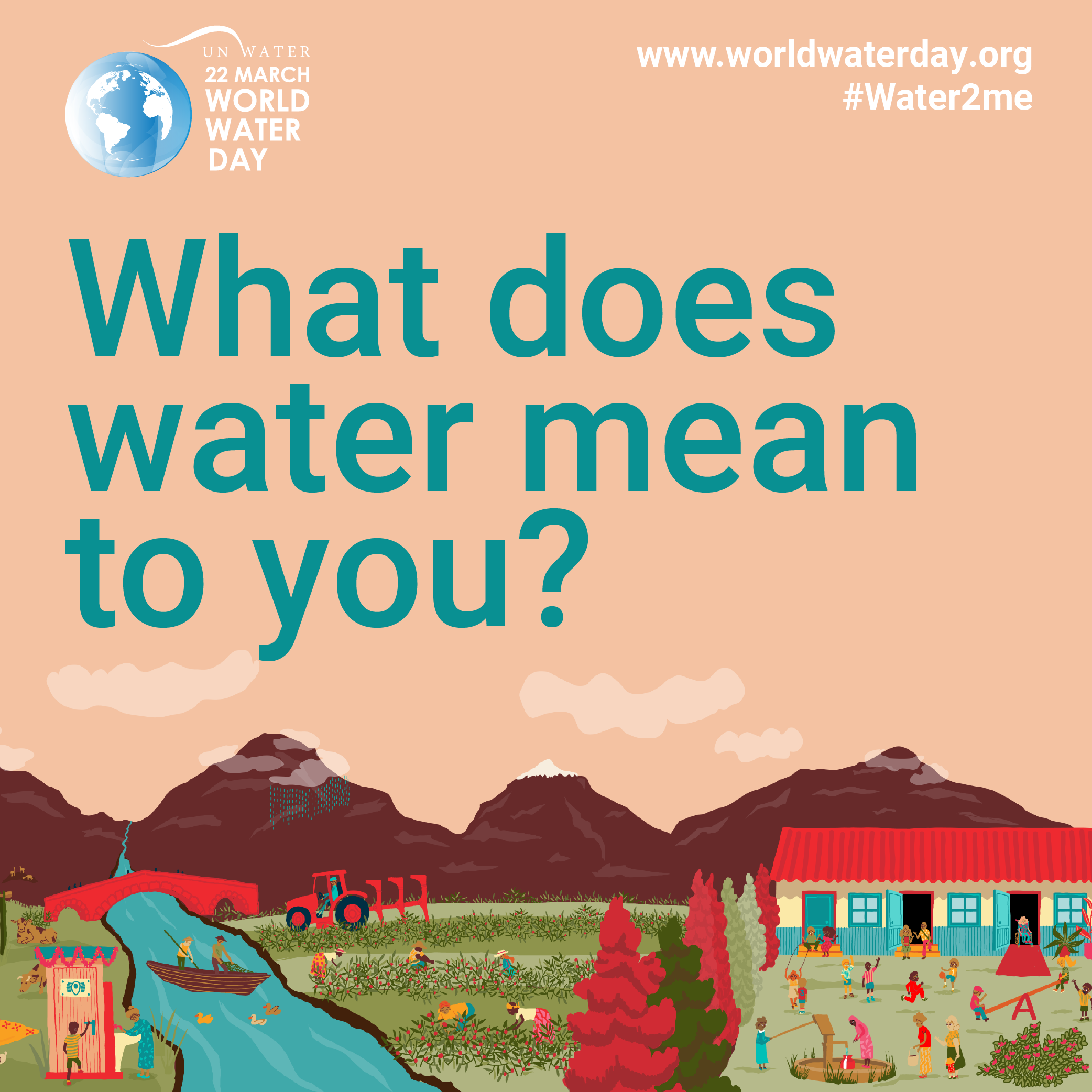Volunteer cook serves lunch to young student at Kasompe Community School of Peace, 2010
"You cannot learn on an empty stomach." It's a simple fact, verified by numerous research studies. This is why it is a priority for HealthEd Connect to provide lunch to all students at all three of our community schools every school day. For some, this may be their only meal of the day.
Recently, Emmanuel Mumba, our head teacher colleague at Mapalo Young Peace Makers Community School, shared this note about the impact of the school lunches:
“First of all on behalf of the children we are so grateful for the meals being provided to learners during this difficult time of our times! You may wish to know that meals have impacted learners attendance and performance in general positively and consequently the good performance at grade seven level...The hunger situation in our country is pathetic and receiving food like this is a huge relief on the side of the family.”
Mapalo Kafwa, Joyce Ngosa and Joyce Songwe echoed the importance of lunches for their learners, saying:
“We had a very good exercise to weed our garden to prepare it for the healthy growth of vegetables which in turn has a positive impact on our learners…Thank you for being our effective partners in an effort to provide support to initiatives that allow learners who are most vulnerable to access a decent meal while at school.”
Thanks to your support, students are nourished in body and mind, eager to learn and play! On behalf of the more than 1,400 orphans and vulnerable students at our three schools in Zambia, we share a sincere and heartfelt "Twatotela sana!" (We thank you!)













